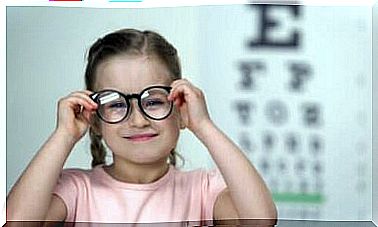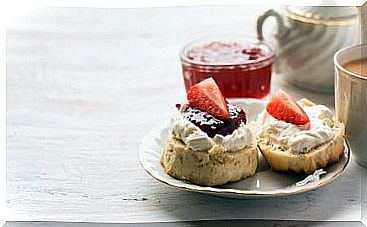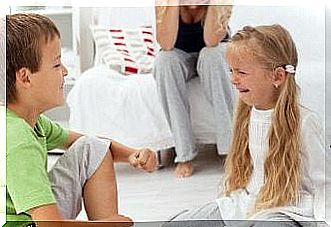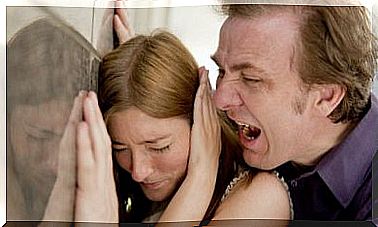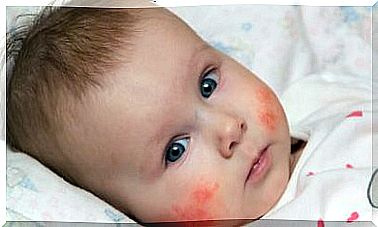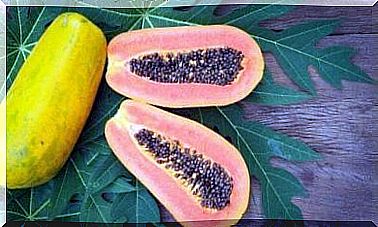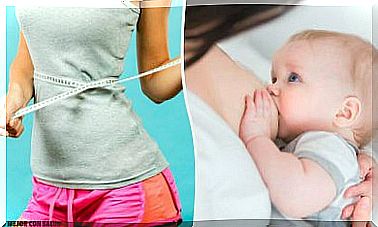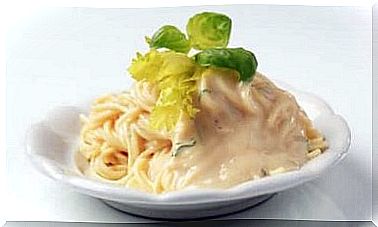7 Tips Against Childhood Allergies
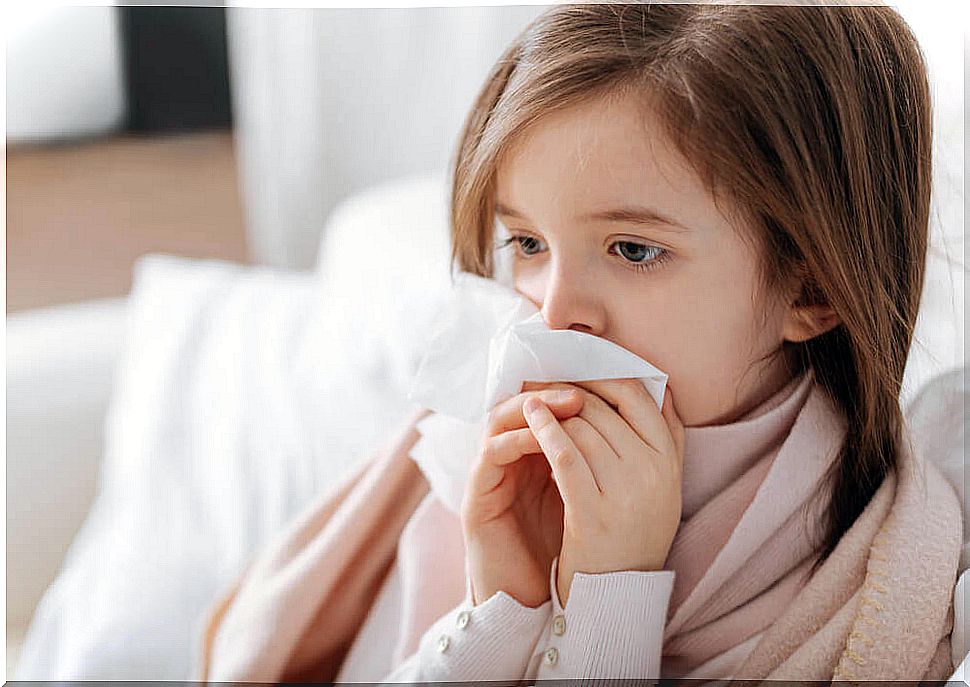
Childhood allergy has become one of the main consultations in pediatrics. Although this has always existed, environmental changes and exposure to some toxins have increased the number of those affected.
In fact, most children are born with sensitivity to some element. Fortunately, there is much that can be done at home to prevent seizures, and to minimize the physical reactions that often occur in your child.
But first of all, it is essential to know that an allergy is the immune system’s reaction to the presence of substances identified as allergens. In other words, it is hypersensitivity to some kind of contact with certain particles in the environment.
How are allergies manifested? What is the best way to fight them? We recommend that you read this article which, for sure, will offer great tips for treating them. Don’t miss it!
Causes of childhood allergy
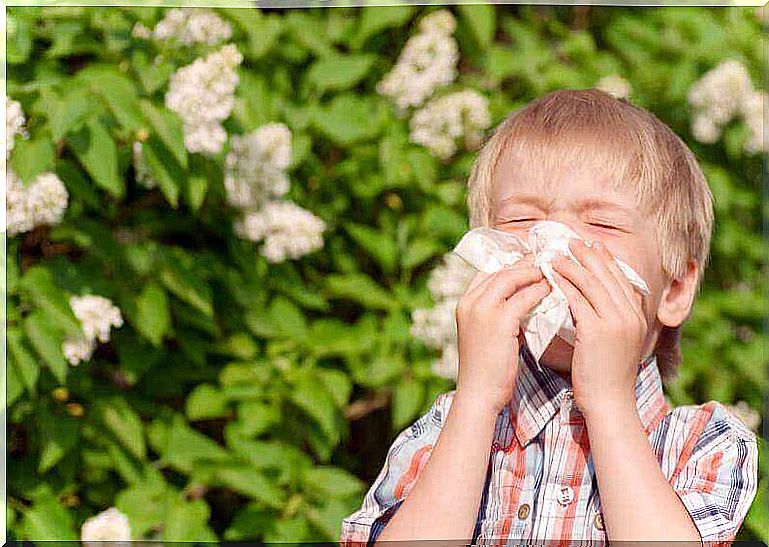
A childhood allergy is triggered when a child comes into contact with an allergen through touch, inhalation or consumption. In a few cases, it can also be caused by an insect bite, or by a medication. Its common triggers include:
- Mold and mites
- pollen particles
- Dandruff and saliva from animals (cat, dog, horse, rabbit)
- Chemicals that are released by industrialized products
- Some foods and medicines
- insect poisons
Children’s Allergy Symptoms
The symptoms of a childhood allergy can vary depending on the type of cause and how severe it is. In general, the manifestations appear due to changes in the mechanisms of inflammation, thanks to the body’s immunological action.
The signs to recognize it must be classified according to the type of allergy. Therefore, the symptoms are:
- Skin: skin rashes, urticaria, redness, swelling, among others.
- Respiratory: cough and rhinitis, runny nose, sore throat, sneezing, etc…
- Digestive: nausea, vomiting and diarrhea.
Effective Tips to Prevent and Treat Childhood Allergy
It is impossible to prevent the child from having any kind of contact with environmental particles that produce the allergy. However, most of the time you can take some preventative measures that decrease this exposure. What should you do?
1. Limit outdoor activities
When children are allergic to dust and pollen, it is best to limit outdoor activities, especially in the afternoon. Likewise, at these times it is recommended to close the doors and windows, so that particles do not easily enter the interior of the house.
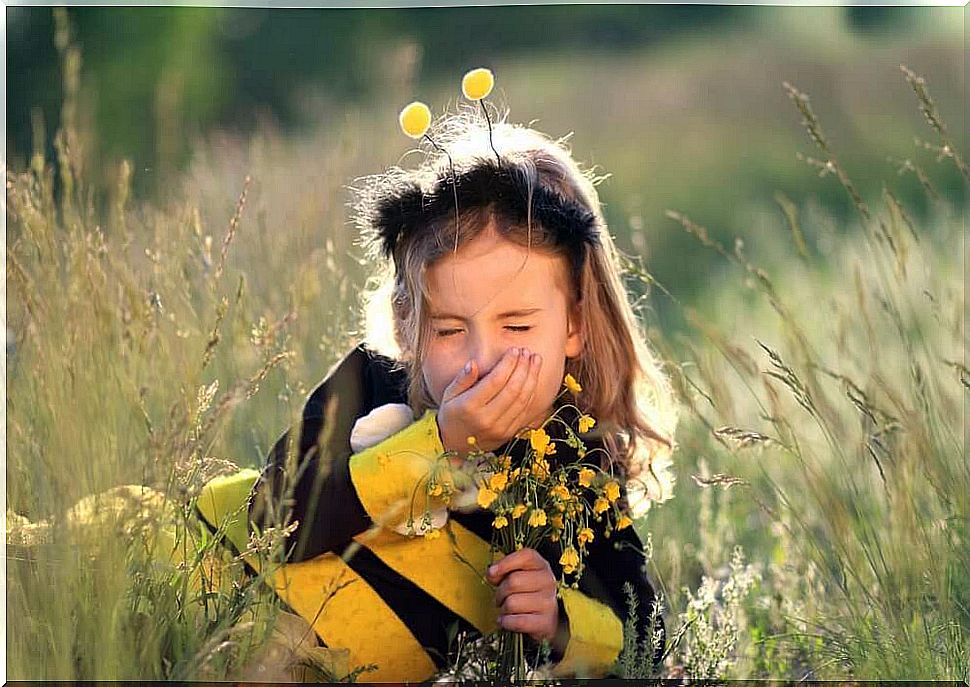
2. Avoid piling up objects
Dust buildup is a focus for dust mites and allergies. Therefore, if there are cases of childhood allergies it is essential to avoid piles of toys, teddy bears, or clothes. Although at first glance this is not noticed, there is a proliferation of these microorganisms there.
3. Keep pets out
There is no doubt that animals are great company. However, when children have allergic reactions to fur, it is best to try to keep it in a certain area of the house, outside the bedroom. Likewise, it is advisable to disinfect your beds and rugs to prevent the accumulation of these allergens.
4. Act against mold
Moisture that proliferates in some walls and damp spaces in the house can cause complications in cases of childhood allergies. These microorganisms often cause the appearance of respiratory and skin problems. Therefore, they must be identified and eliminated as quickly as possible.
To stop their proliferation, it is advisable to use humidifiers with caution. In addition, mold contaminated areas should be removed with anti-mold products.
5. Use a hypoallergenic quilt
The materials of some bed blankets can be conducive to the development of fungus and mites. Therefore, if the child has any type of respiratory allergy, the ideal is to purchase a hypoallergenic quilt that allows them to sleep without problems.
6. Taking care of the food
A good diet is one that strengthens the child’s immune system to reduce these problems. However, it is essential to take into account that food allergies can occur. Therefore, you must identify if the child suffers any reaction when eating certain foods.
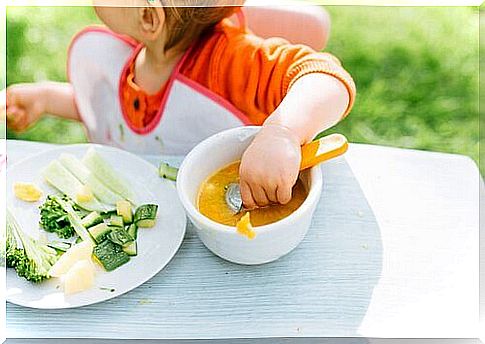
7. Keep them away from chemicals
Contact with the particles of some chemicals can make children’s allergy symptoms worse. That is why children should be far away while household chores are carried out.
In short, taking these simple tips into account is critical to preventing allergic outbreaks in children. However, the indications or treatments recommended by your pediatrician should never be neglected.
